How important is ROS (Robot Operating System) for a career in robotics software development? Is it worth investing time and effort into learning ROS as a roboticist? These are common questions for anyone entering the field of robotics. In this blog, we’ll explore job market trends and data to show how ROS skills can shape your career. To gain insights, we analyzed job listings on LinkedIn, focusing on the U.S. market in November 2024, and found approximately 2,000 openings for robotics software engineers. Now, let’s dive into the key findings
1. Education Requirements in Robotics
Our analysis of job postings revealed a wide range of educational expectations for robotics software engineers. Here’s a closer look:
- 27% of jobs didn’t require a degree at all
- 50% preferred or required a master’s degree
- The remaining positions either emphasized a bachelor’s degree or, in fewer cases, a PhD, depending on the job’s complexity and specialization.
2. Specialty Requirements in Robotics
96% of employers preferred candidates with computer science expertise, emphasizing the industry’s focus on programming. However, degrees in mechanical, electrical, or mechatronics engineering are also valued if paired with strong programming skills.
3. Work Environments in Robotics
Most robotics jobs are on-site, reflecting the need for physical interaction with robots. Working with physical systems is often most effective when done directly with the robots.
4. Previous Experience in Robotics
Around 50% of robotics job offers target senior professionals with 5+ years of experience, while the rest are for mid-level and entry-level roles. Experienced candidates are in high demand and may earn higher salaries due to the limited talent pool.
5. Key Skills for Robotics Careers
Based on the analysis, I’ve summarized the key skills employers seek into 4 main segments.
- Software Development Skills
- Robotics and AI Skills
- ROS and Related Tools
- Soft Skills
- Leadership, communication, and documentation skills are crucial for teamwork and project management.
According to the analysis, only 37% of all these positions explicitly required ROS skills. For many employers, ROS was listed as a “nice-to-have” rather than a mandatory qualification.
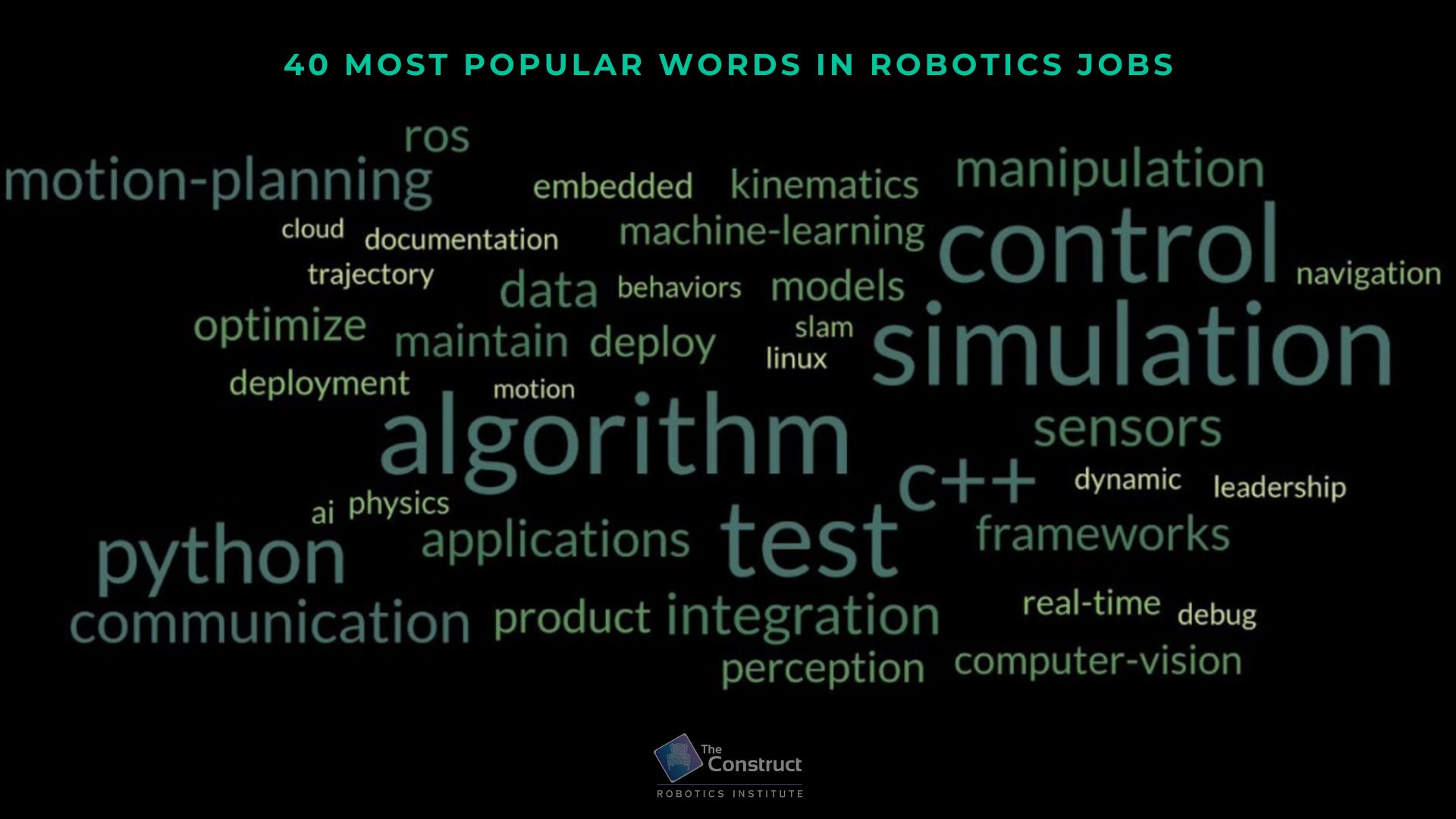
If you want to acquire all the in-demand skills for a robotics job, check out this 6-month program: The Robotics Developer Masterclass. Combining theory with practical, hands-on learning, provides a complete path to becoming a 100% job-ready robotics engineer in 2025.
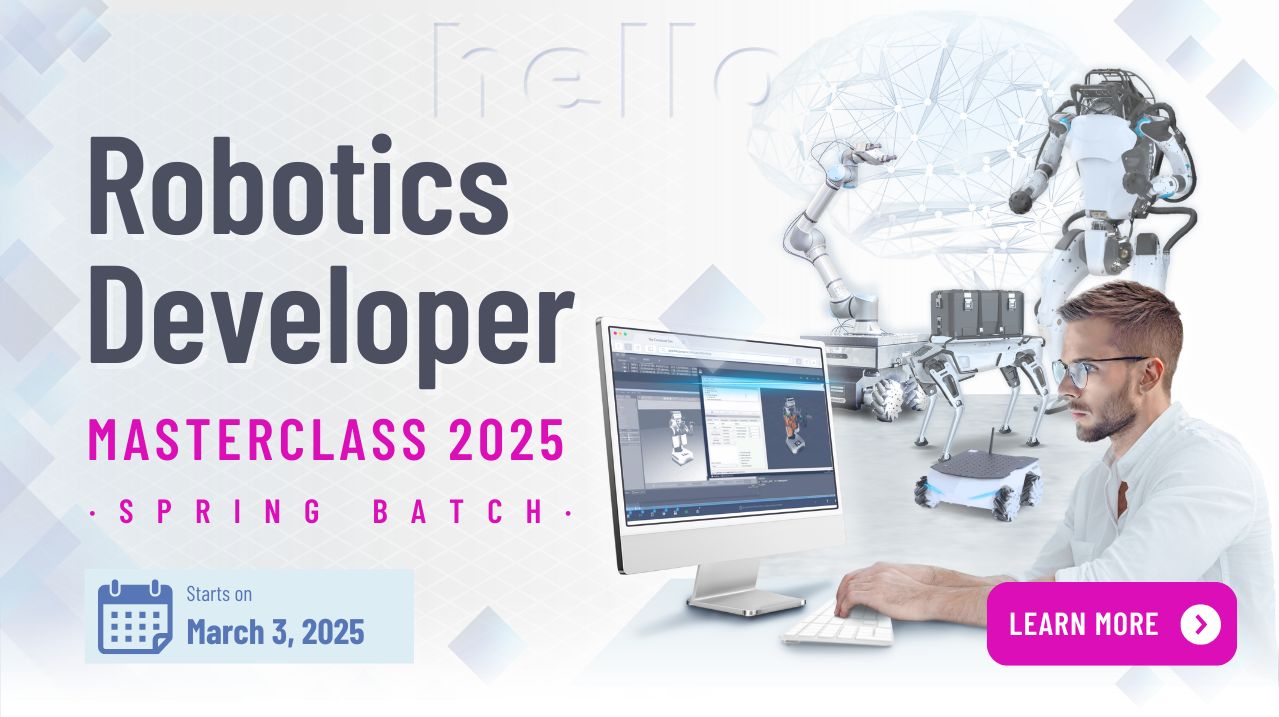
Everyone says the robotics industry has high demand and high salaries, but what does the actual salary situation look like?
6. Salaries in Robotics
In the U.S., robotics software engineers enjoy competitive salaries. The average ranges between $190,000 and $200,000 annually, reflecting the high demand for skilled professionals!
Conclusion: Should You Learn ROS?
While ROS may not be a universal requirement, learning it offers several advantages:
- It provides a robust foundation for understanding robotics frameworks.
- It enhances hands-on experience in critical robotics tasks like navigation and path planning.
- It builds the expertise needed to transition into other frameworks as needed.
The rise of proprietary frameworks, such as those from tech giants like Tesla and Unitree, may challenge ROS’s dominance. However, ROS remains a powerful tool for learning and experimentation, making it a worthwhile investment for those entering the field.
What’s your take on the future of ROS in the robotics job market?
Share your thoughts in the comments below!
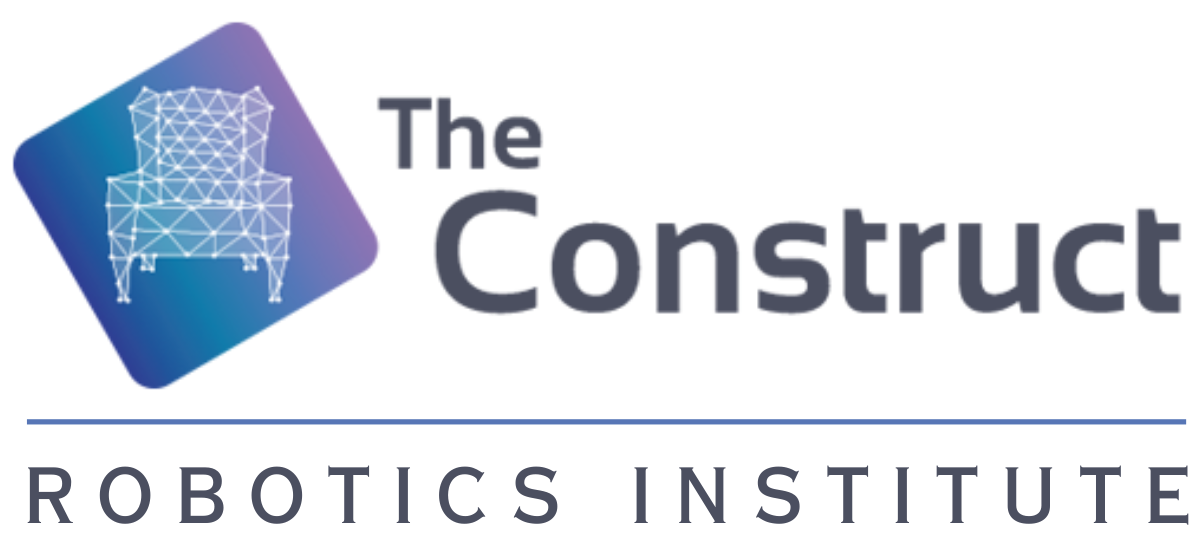
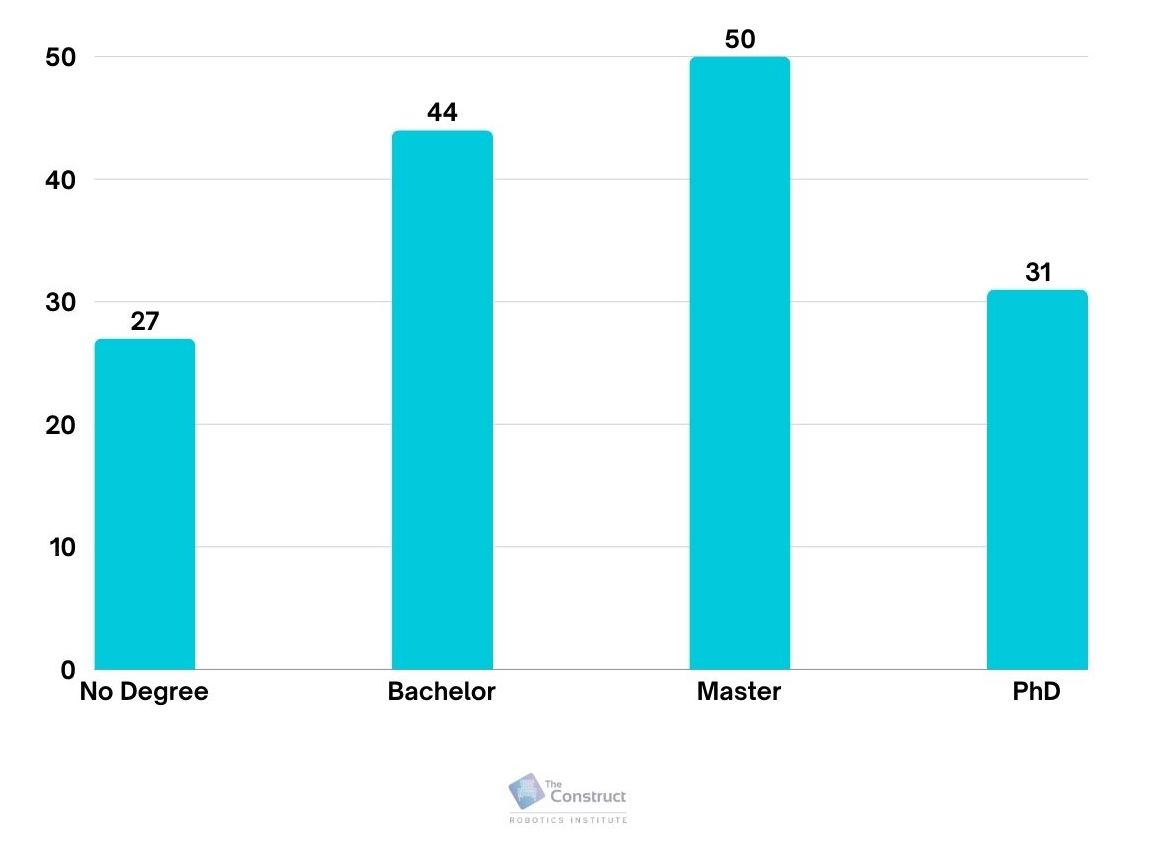
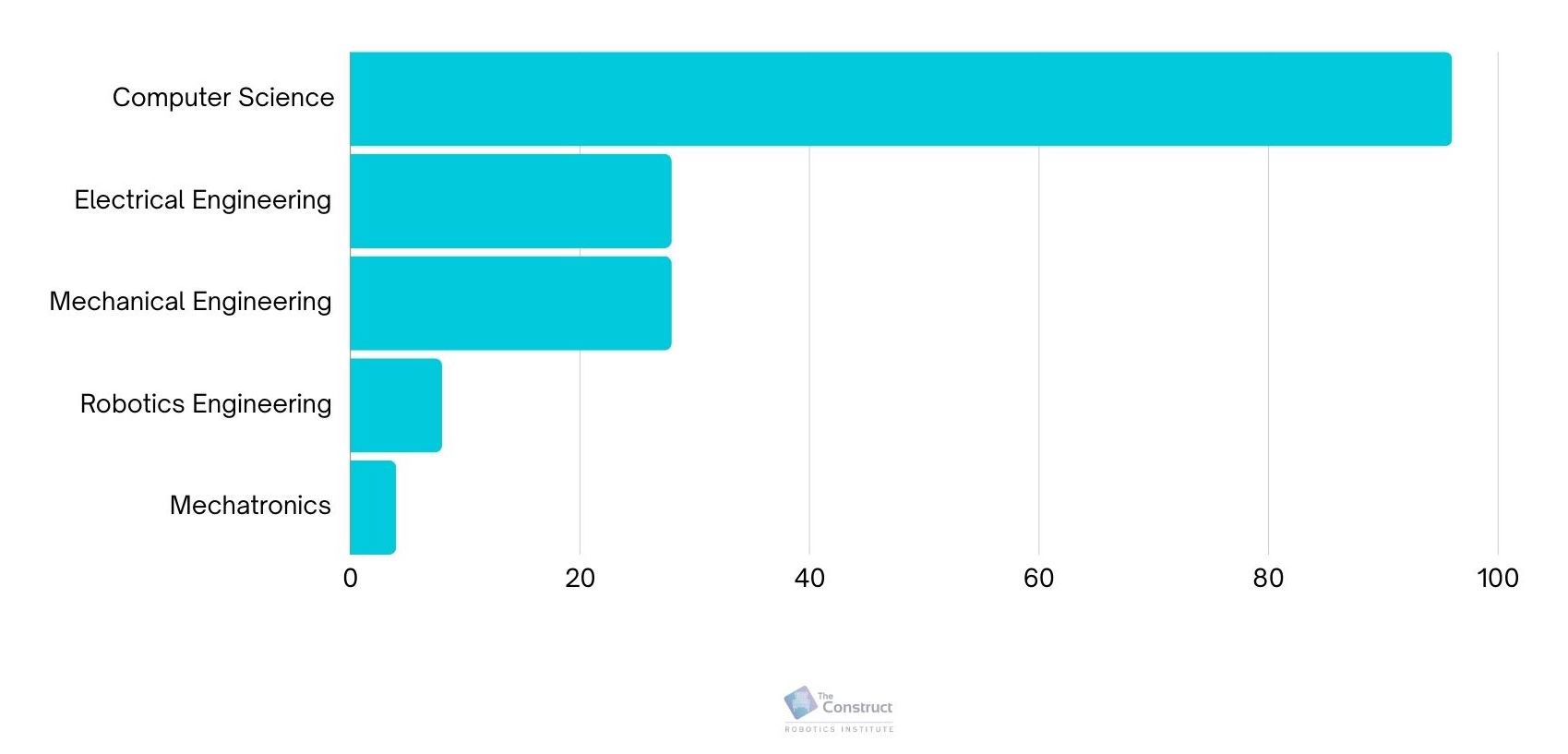
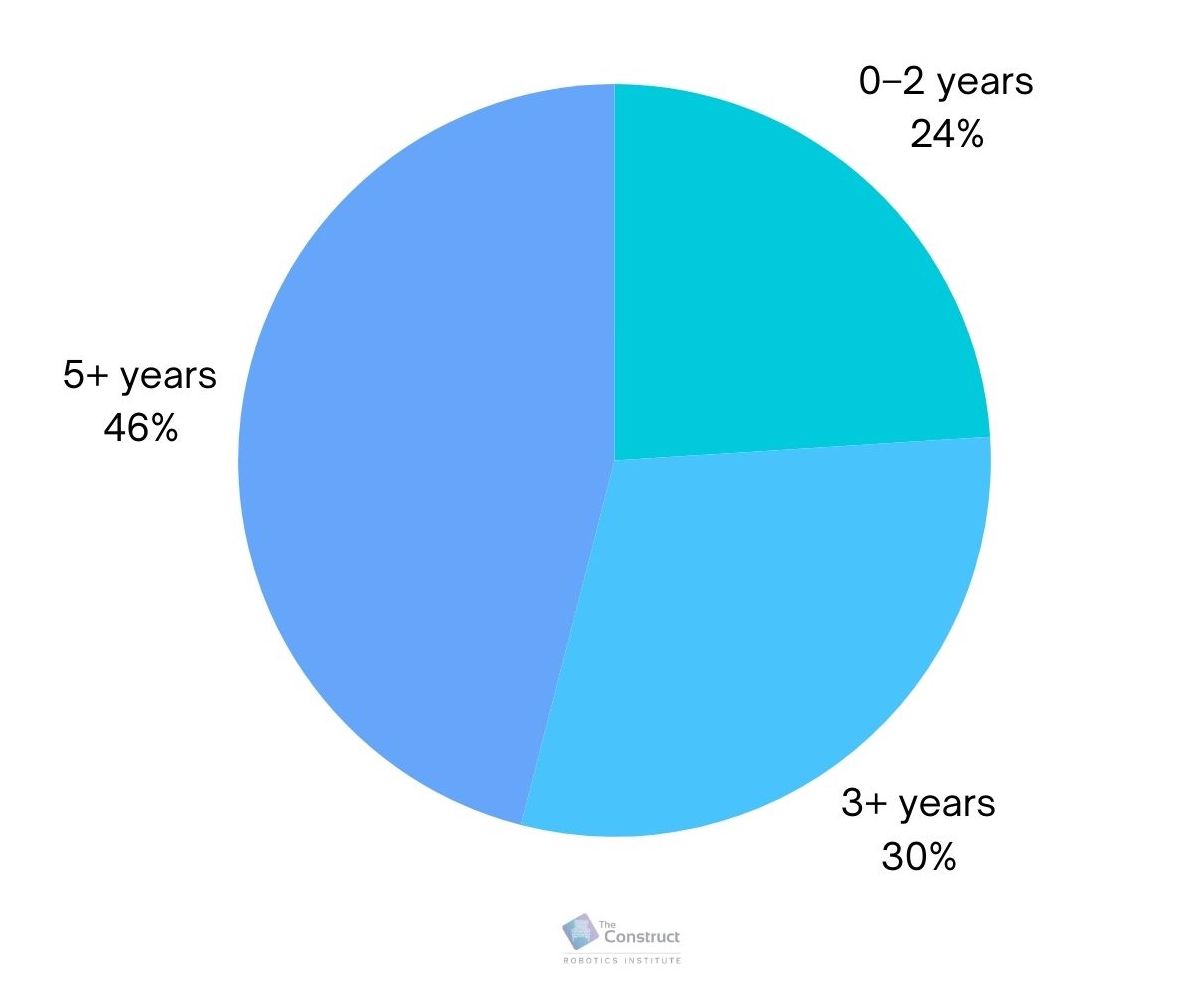
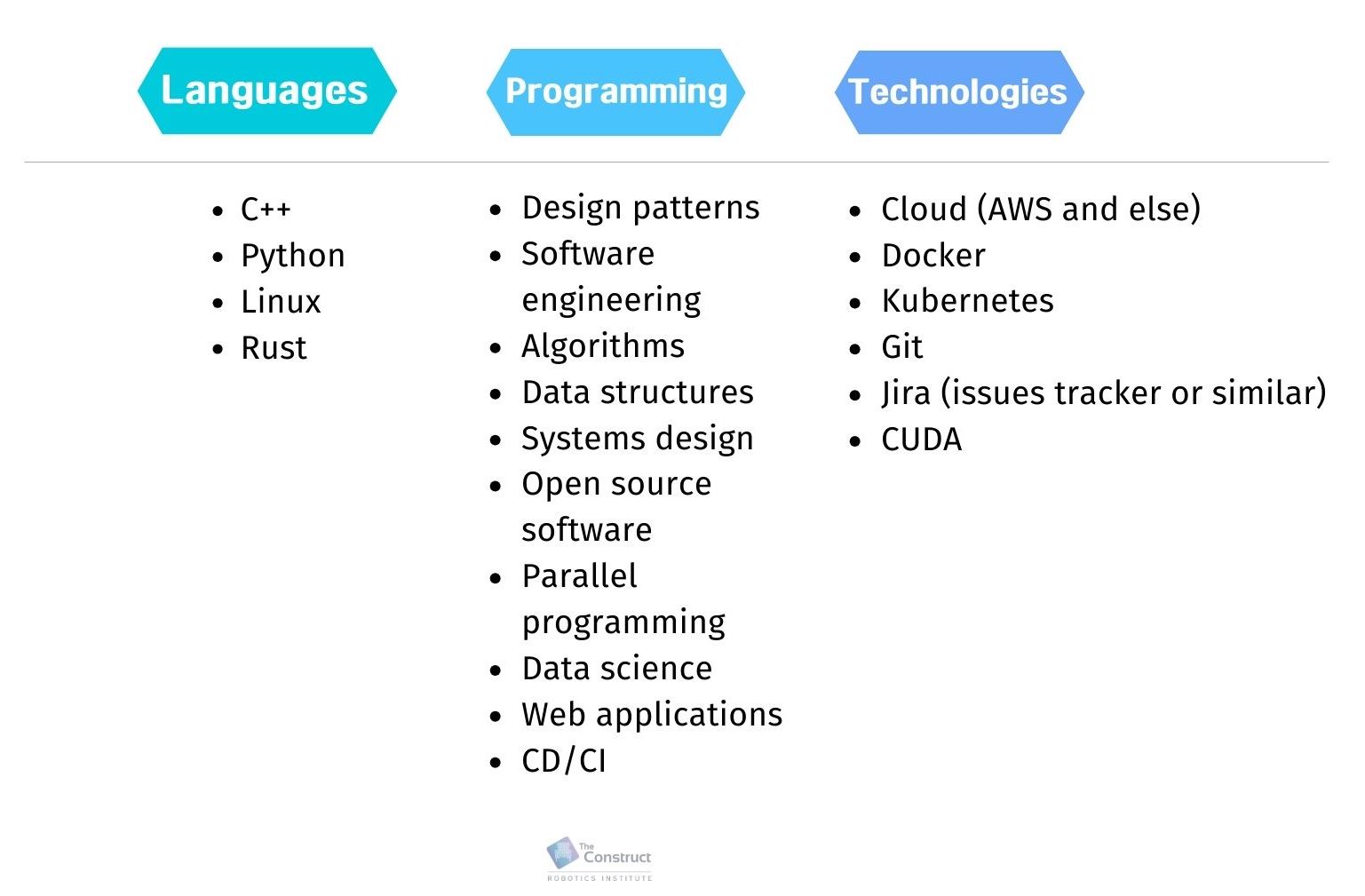
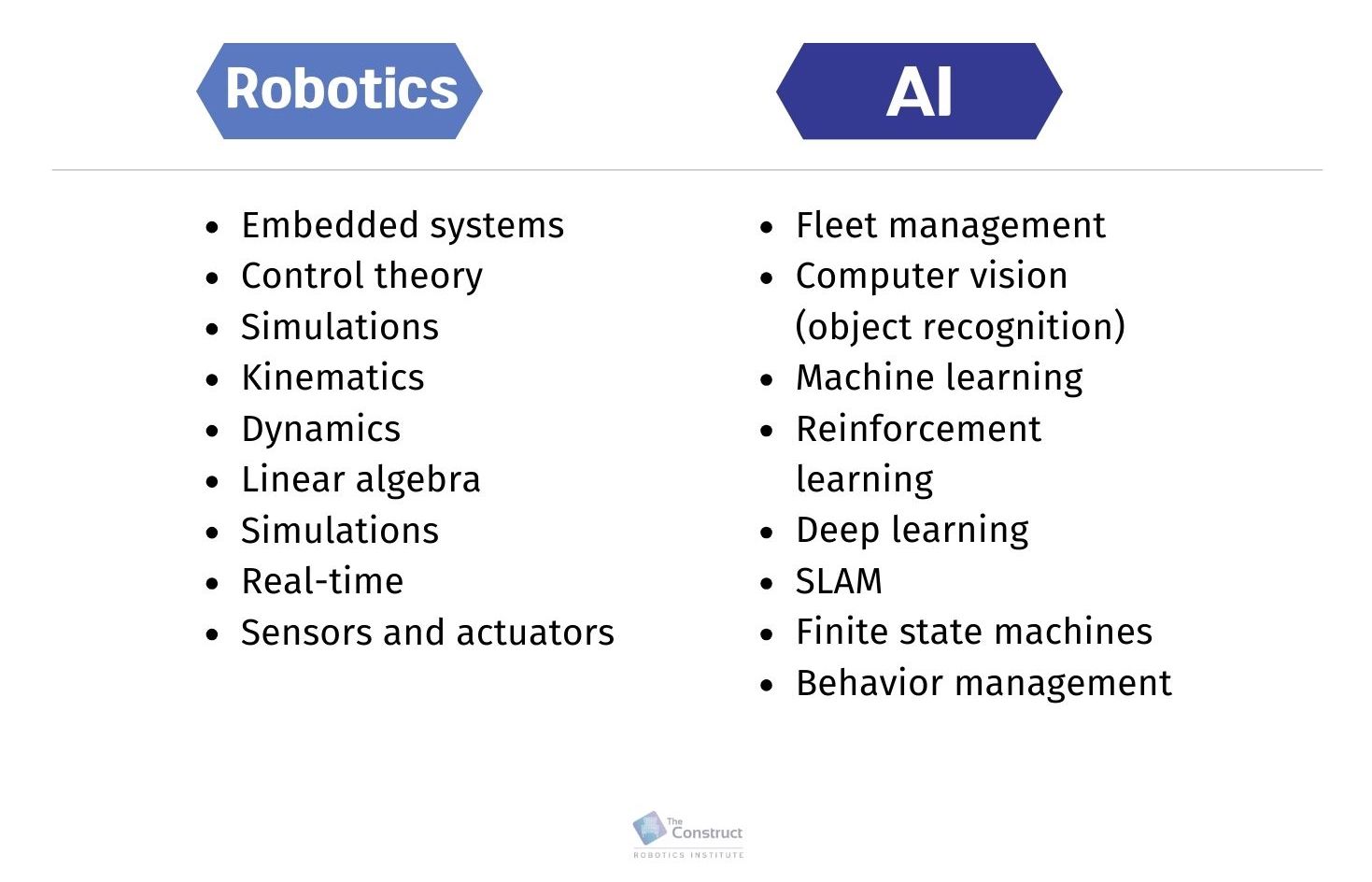
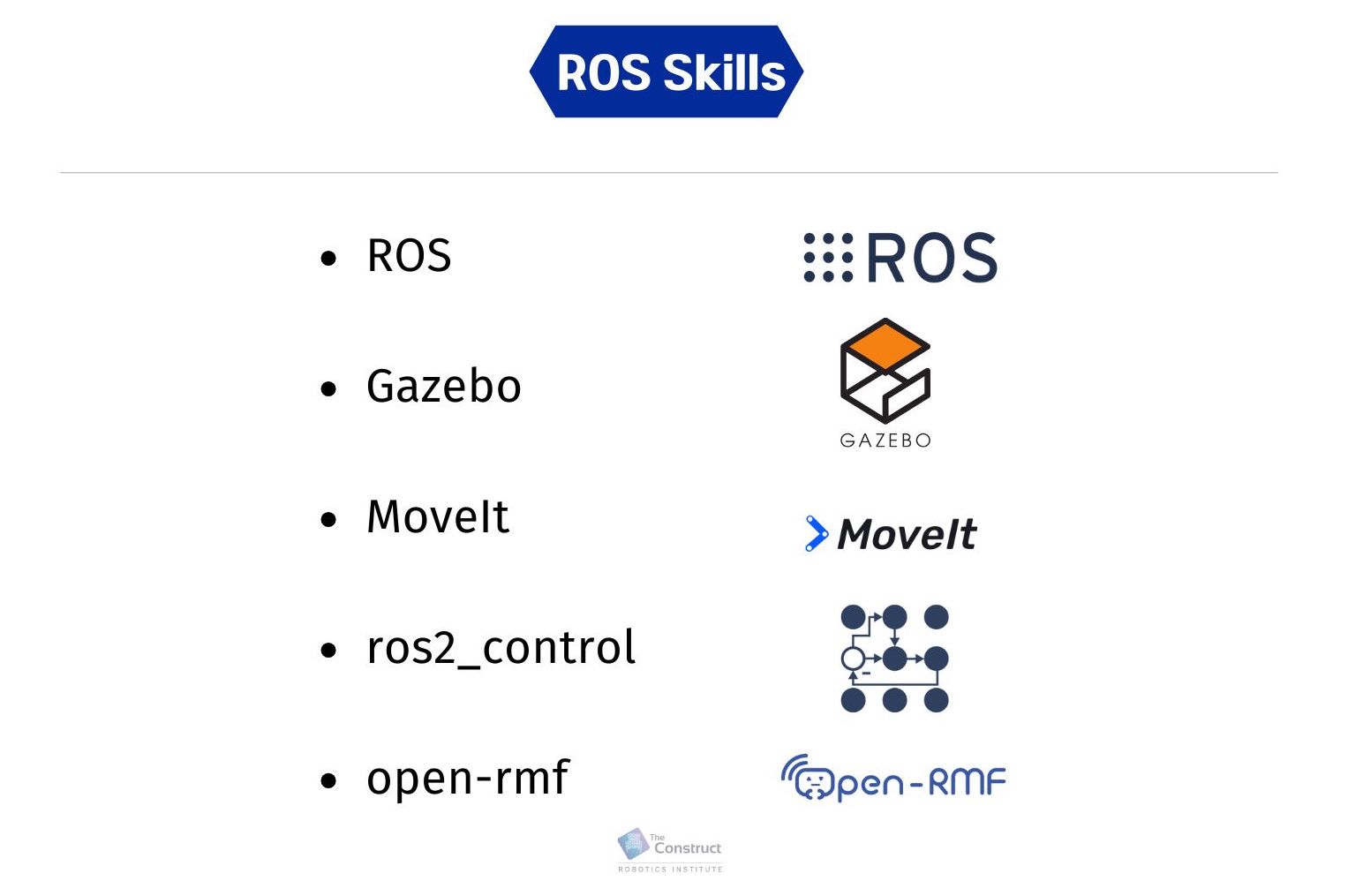
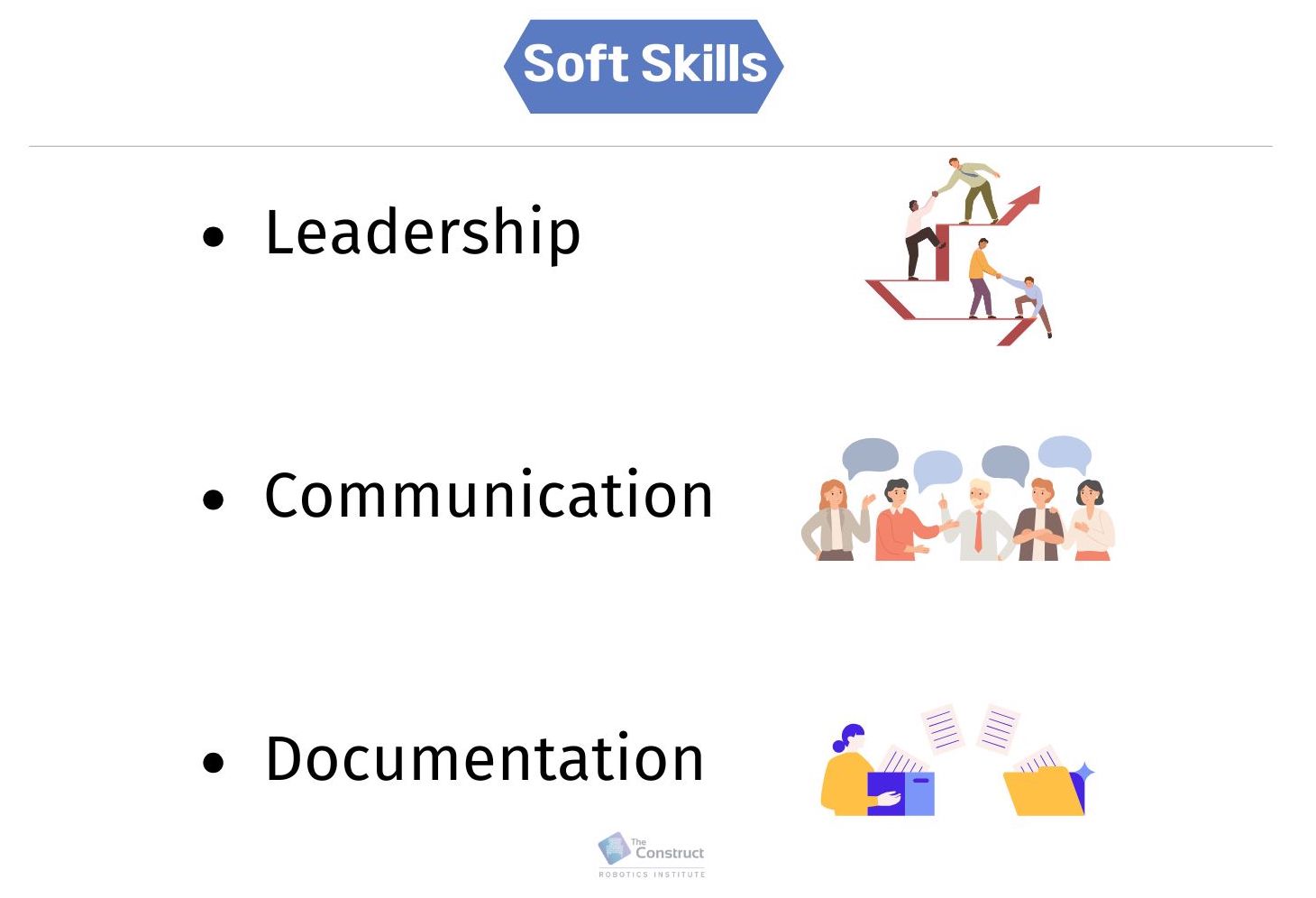
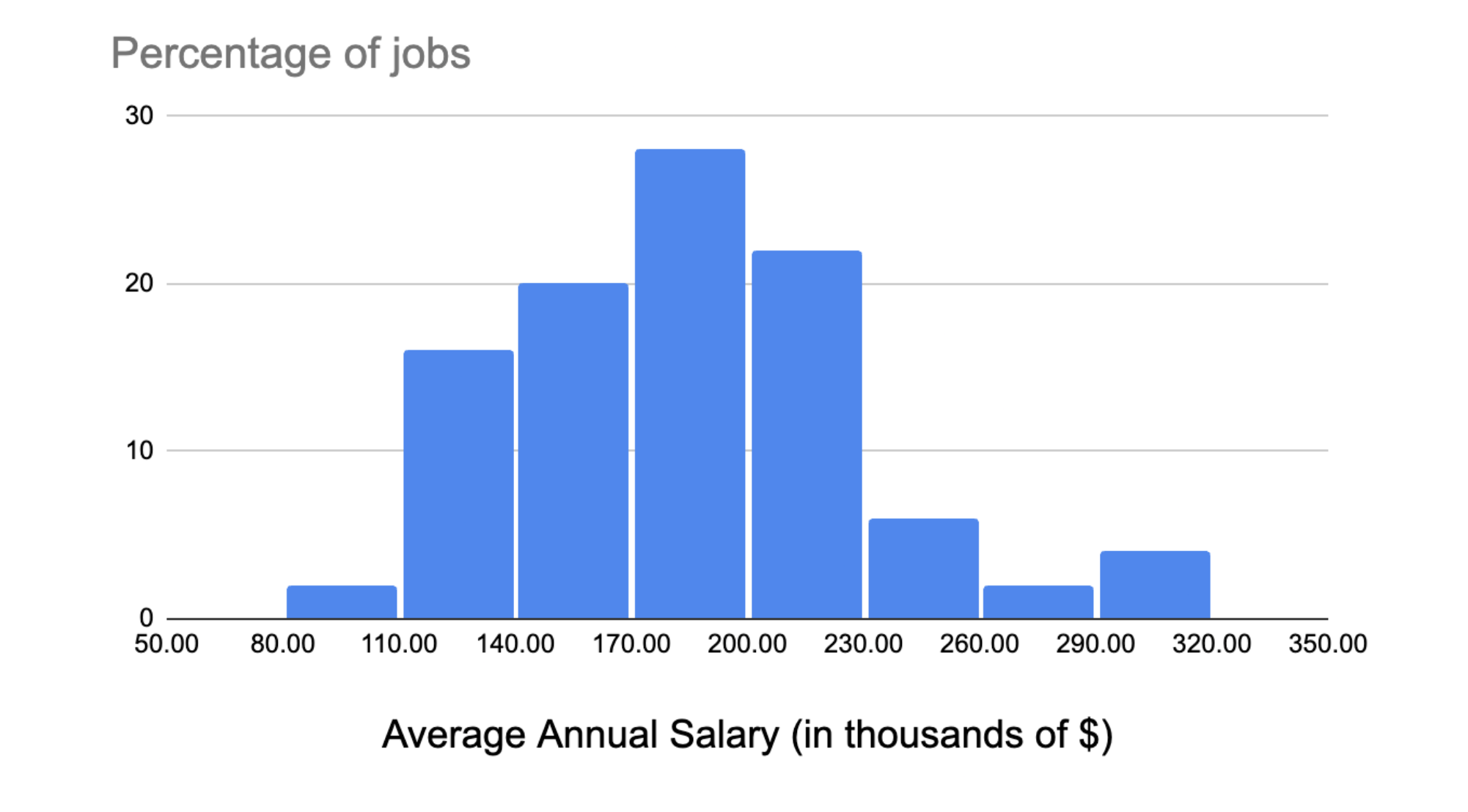


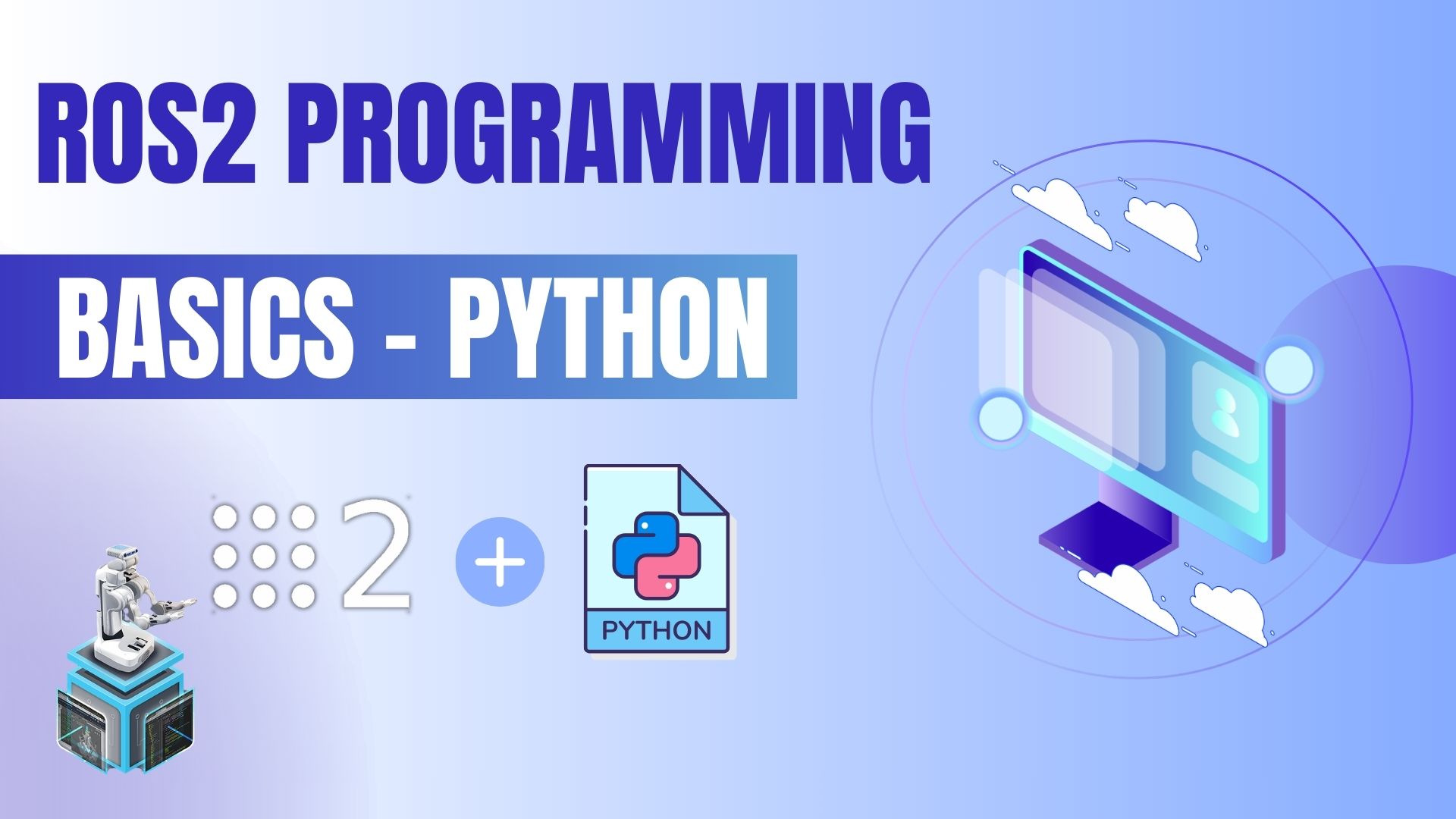
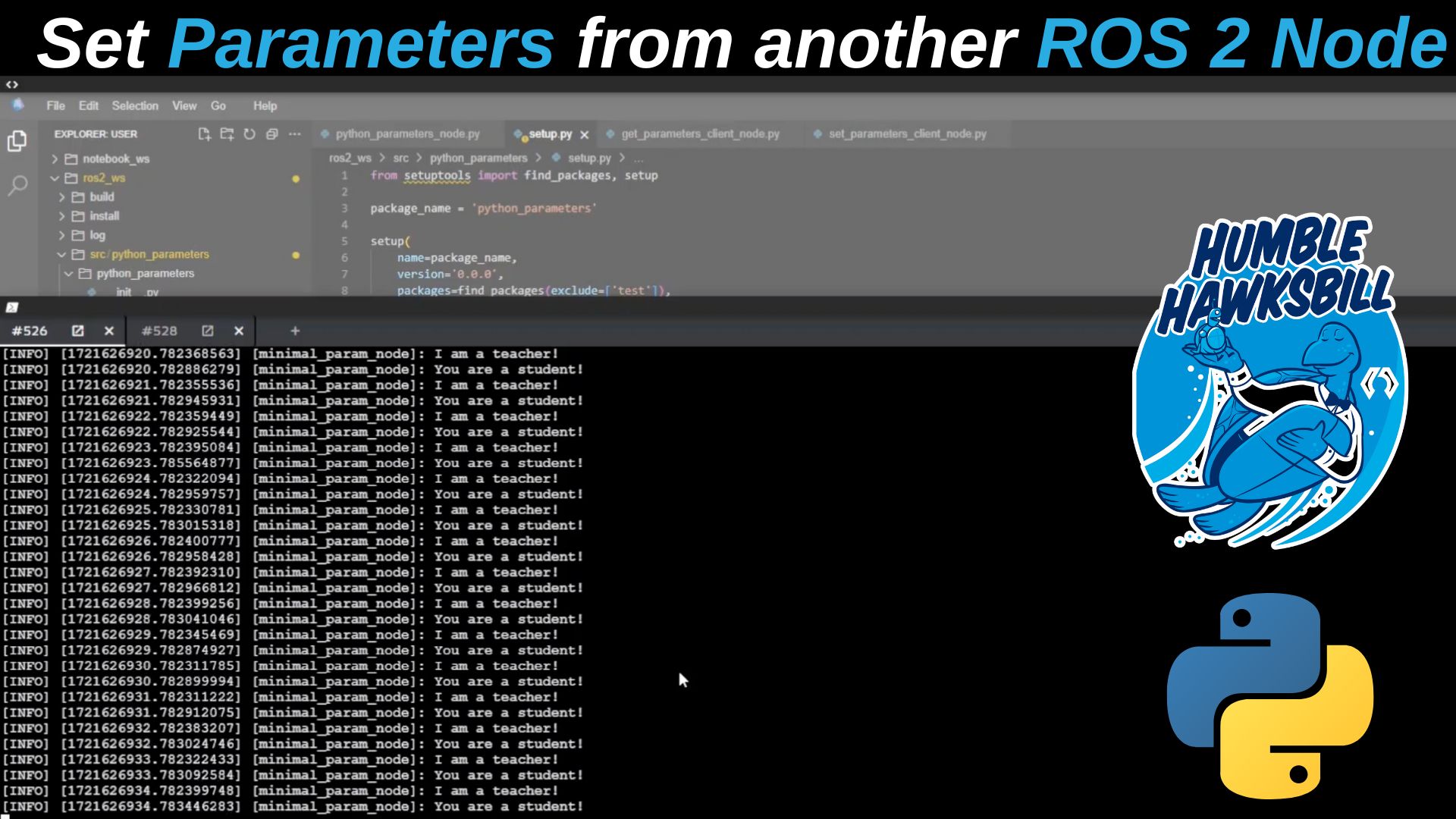
0 Comments